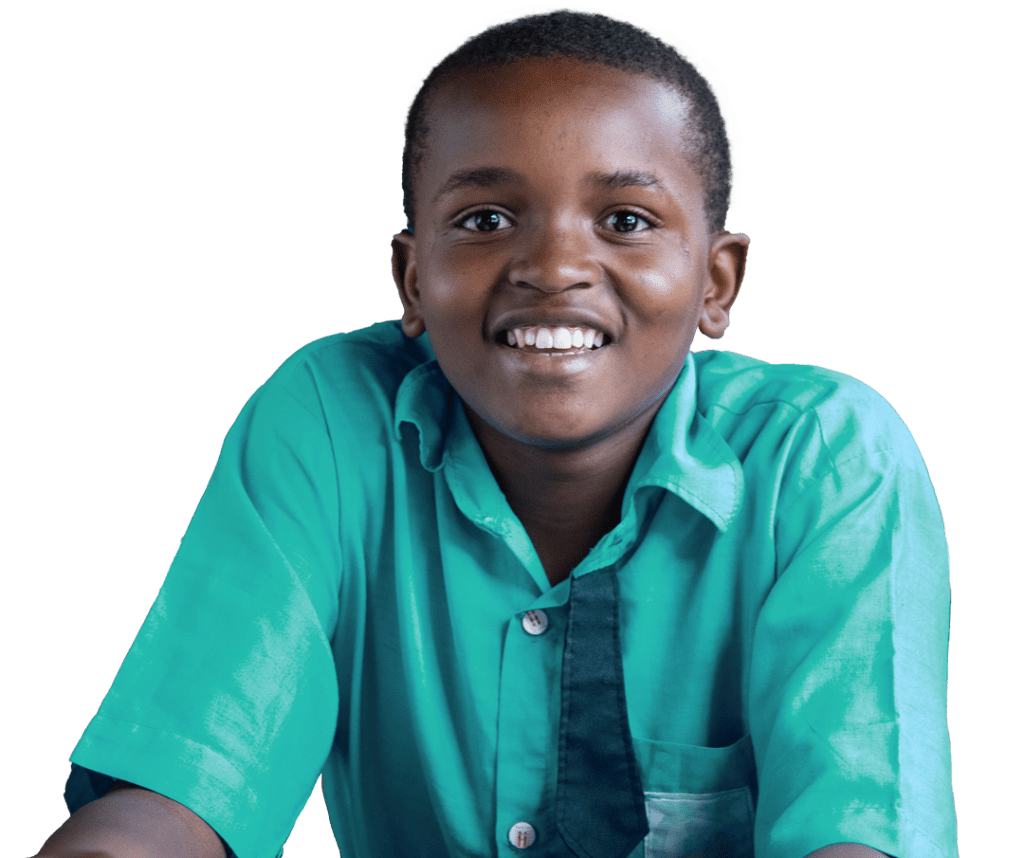Éducation
Éducation
Statistiques mondiales
Si l'éducation est une nécessité pour les garçons comme pour les filles, ce sont les filles qui continuent de rencontrer les plus grands obstacles. ADRA est particulièrement bien placée pour non seulement faciliter l'accès à l'école, mais aussi pour s'attaquer aux causes profondes des inégalités. Lorsqu'une fille a accès à l'éducation, c'est toute sa communauté qui en bénéficie : la mortalité infantile diminue, les mariages précoces reculent, les revenus augmentent et des générations sortent de la pauvreté.
Il y a 131 millions de filles dans le monde qui ne sont pas scolarisées. Les filles sont 1,5 fois plus susceptibles que les garçons d’être exclues de l’école primaire. Cela signifie que 15 millions de filles en âge d’aller à l’école primaire n’auront jamais la possibilité d’apprendre à lire et à écrire à l’école primaire, contre environ 10 millions de garçons.
131 millions de filles dans le monde entier non scolarisés
Les filles sont 1,5 fois plus probable que les garçons manquent l'école primaire
15 millions de filles ne pourra peut-être jamais apprendre à lire ou écrire

Éducation
L'éducation est un droit pour chaque enfant. En investissant dans les écoles, les enseignants et l'égalité des chances, vous aidez les garçons et les filles à apprendre, à s'épanouir et à bâtir un avenir meilleur pour eux-mêmes et leurs communautés.
Obstacles à l'éducation
Mariage précoce et grossesse
Éloignement
Pauvreté
Cycle menstruel
Ensemble, nous pouvons
C'est pourquoi ADRA s'engage à lever les obstacles et à ouvrir les salles de classe. Grâce à votre soutien, nous :
Construire et rénover des écoles dans les communautés mal desservies.
Former et accompagner les enseignants pour dispenser une éducation de qualité.
Créer des environnements d’apprentissage sûrs et inclusifs.
Offrir un soutien financier aux familles dans le besoin pour les aider à couvrir les coûts.
Fournir des bureaux, des livres, des uniformes et des fournitures scolaires aux enfants.
Établir des partenariats avec les familles et les communautés pour soutenir l’éducation des filles.
Mettre en place des programmes d’apprentissage pour adultes qui aident chacun à atteindre son potentiel.
Histoires liées
- Histoires
- Histoires
- Histoires